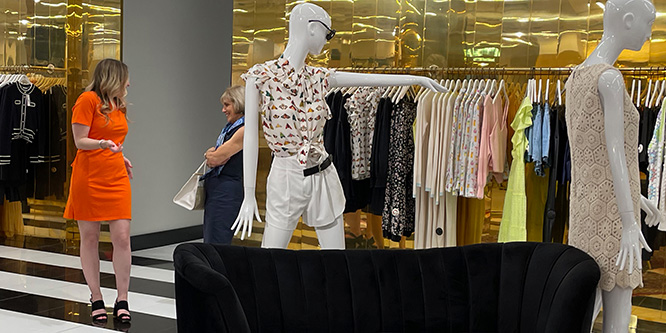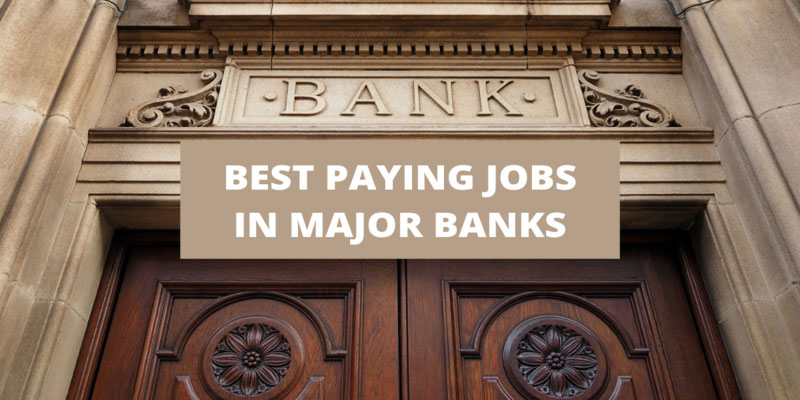Why We Make Impulsive Purchases and What We Can Do About It
Apr 16, 2023 By Susan Kelly
The impulse buying definition is to buy something on the spur of the moment without any thought or research is called impulse purchasing. It follows an impulse to buy and is typically made on the spot, without consideration. Imagine the temptation as the force behind an unexpected purchase—the emotional state of being unable to resist the urge to engage in undesirable behaviour. So, what is impulse buying? what causes impulsive purchases? And how to stop impulse buying? And how can you improve your shop to attract more customers? What you're looking for is in this guide.
Why Do We Still Purchase on Impulse?
Have you ever considered the effects of your impulsive purchases? I can think of four primary reasons why individuals make spontaneous purchases. These are a few of them:
Emotional states trigger impulsive purchases.
Many of the things we buy are influenced by how we feel. Our budgets are strictly confidential. Our financial practices should reflect our state of mind.

Does going shopping sound like the perfect remedy for a bad day? Perhaps it's nothing major. It may be as simple as buying a new hat or earrings. You try to reassure yourself that it's not a big problem and that you only want a little treat.
To stop!
If you allow your emotions to guide your decisions, you'll likely give in to impulse purchases. It is impulse buying decision which triggers you to buy something. As do deceptive businesspeople. Advertisers will try to appeal to your sentiments to make a sale.
The past influences our spontaneous purchases.
If you struggle with impulse purchases and spending too much money, you may have never been taught practical money management skills. You need to stop impulse buying. You may learn a lot about the origins of your money attitudes by reflecting on your family's approach to financial matters when you were growing up. If you're married, it can also help you figure out why the two of you can't agree on handling your finances. You and they have distinct points of view since your experiences are likely very different.
When we see a reasonable price, we often make an impulsive purchase.
This is right up my alley, as I can always take up a bargain. Because, really, who would pay the total price? Or even worse... for the cost of shipping and handling? Thanks to Amazon Prime, expecting shipment times longer than two days seems criminal.
But listen up: This is a clever advertising ploy. Sixty-four per cent of consumers surveyed admitted to making an impulsive purchase during a sale. Marketers know consumers are more likely to purchase if they believe they receive a discount or "free delivery." We feel bad saying this. Put all of Jeff Bezos' money on it. Although going shopping is fun for us, we often make impulsive purchases. The immediate gratification you get from shopping is absolute. Dopamine, sometimes known as the "feel-good" chemical in the brain, is released when we shop.
This shopping addiction is sometimes positive. When a person's passion for shopping becomes an addiction, the risk lies in accumulating impulsive purchases. Your body becomes accustomed to the dopamine rush, so you keep shopping until you get it. The point is, however, that science shows that impulsive purchases are enjoyable.
Avoiding Impulsive Buying
When they want to shop suddenly arises, try these helpful strategies.
You Should Stay Away From Evil Temptations.
What is the most effective method of preventing an impulsive buy? And how to avoid impulse buying? Stay away from stores selling what you're looking for! Particularly those that allow you to "purchase now and pay later" Avoiding the mall or shutting down access to your preferred shopping sites may be necessary. It's only natural to be drawn to novelty when it's continually presented to you. Avoid giving in to temptation; you may save money by buying only what you need.
Pause For Thought
Ask yourself if you genuinely require the thing before you buy it. As many as 53.8% of women give in to impulse buys due to FOMO (fear of missing out). Worst worse, 36.4% of women admitted to making an impulsive purchase because they saw no downside. Here, we must respectfully disagree.
Our opinion? Don't rush into anything; hold off a day and see whether you still want it. Can you rearrange some of your spending to create room for it if you need it that badly?
Third, Make and Follow A Spending Plan.
You should prioritize sticking to a budget. You may experiment with various approaches to budgeting. With any strategy, you should set aside money for emergencies, paying off debt, meeting fundamental requirements, and reaching long-term objectives.

The surplus can then be allocated to your discretionary expenditure. You can control your impulse spending by setting a budget for this type of purchase.
Analyze Why You're Ready to Make An Impulsive Buy.
Some people are impulsive spenders because they care too much about what other people think of them. You can be anxious about how you appear to others. Having something brand new might help boost your confidence at times. Some people make impulsive purchases because they are experiencing intense feelings. You may struggle to regulate your emotions or be anxious about specific situations. If you're feeling down, giving in to an impulsive buy could help. If any of them seem like your situation, you shouldn't just buy a new solution but instead dig into the cause of the problem. Before whipping out your credit card, pause and evaluate your true intentions.





